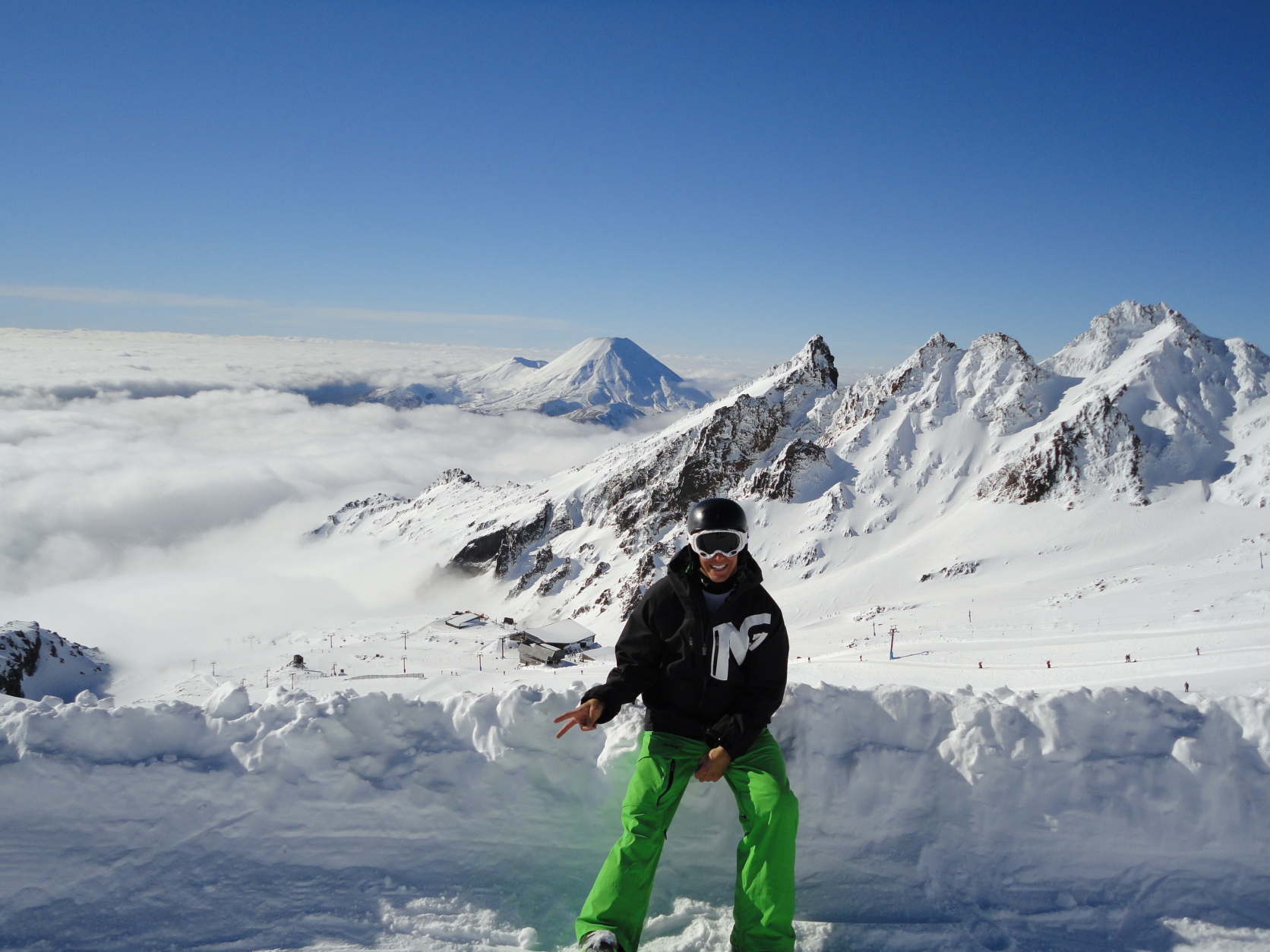
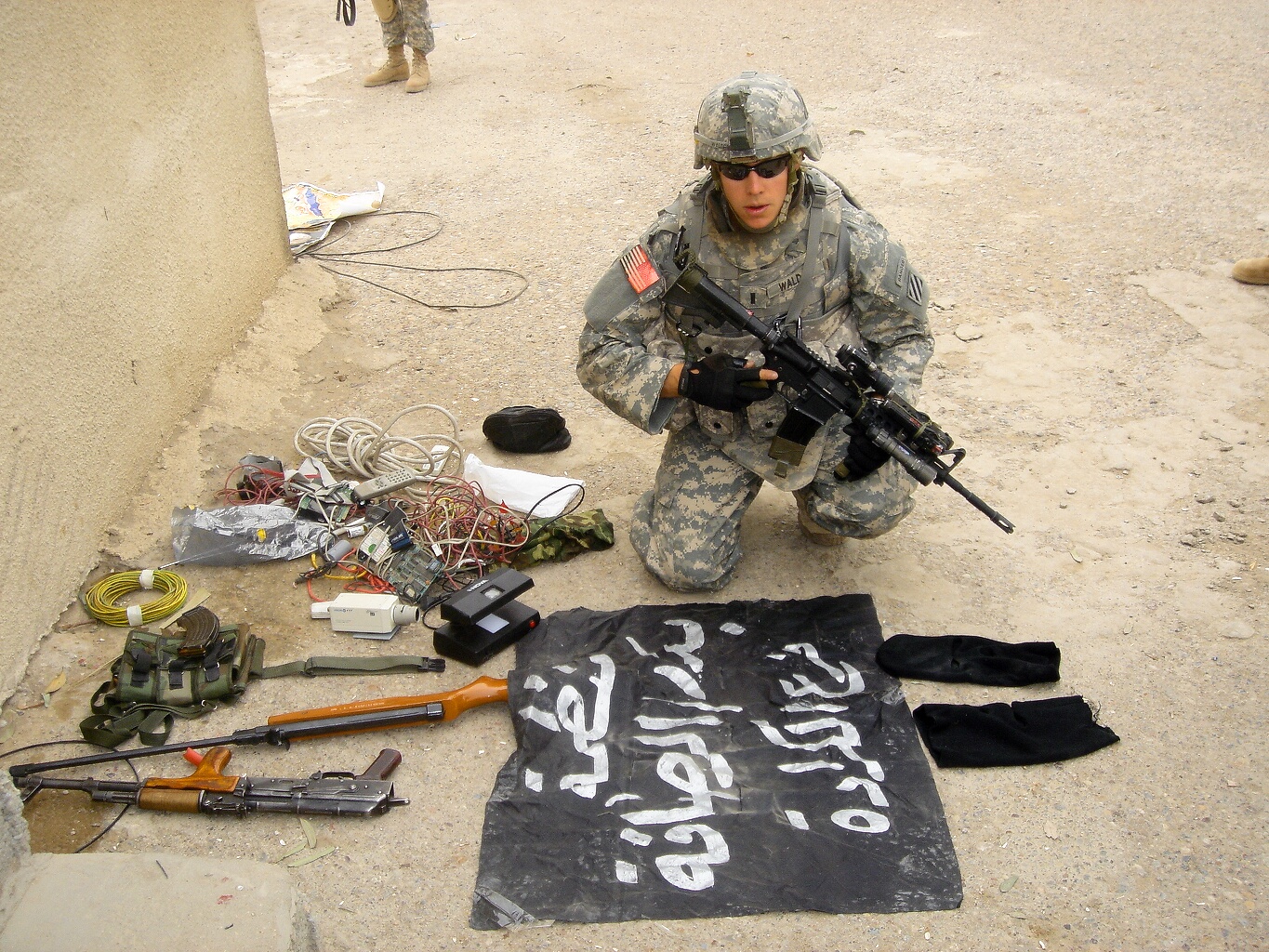
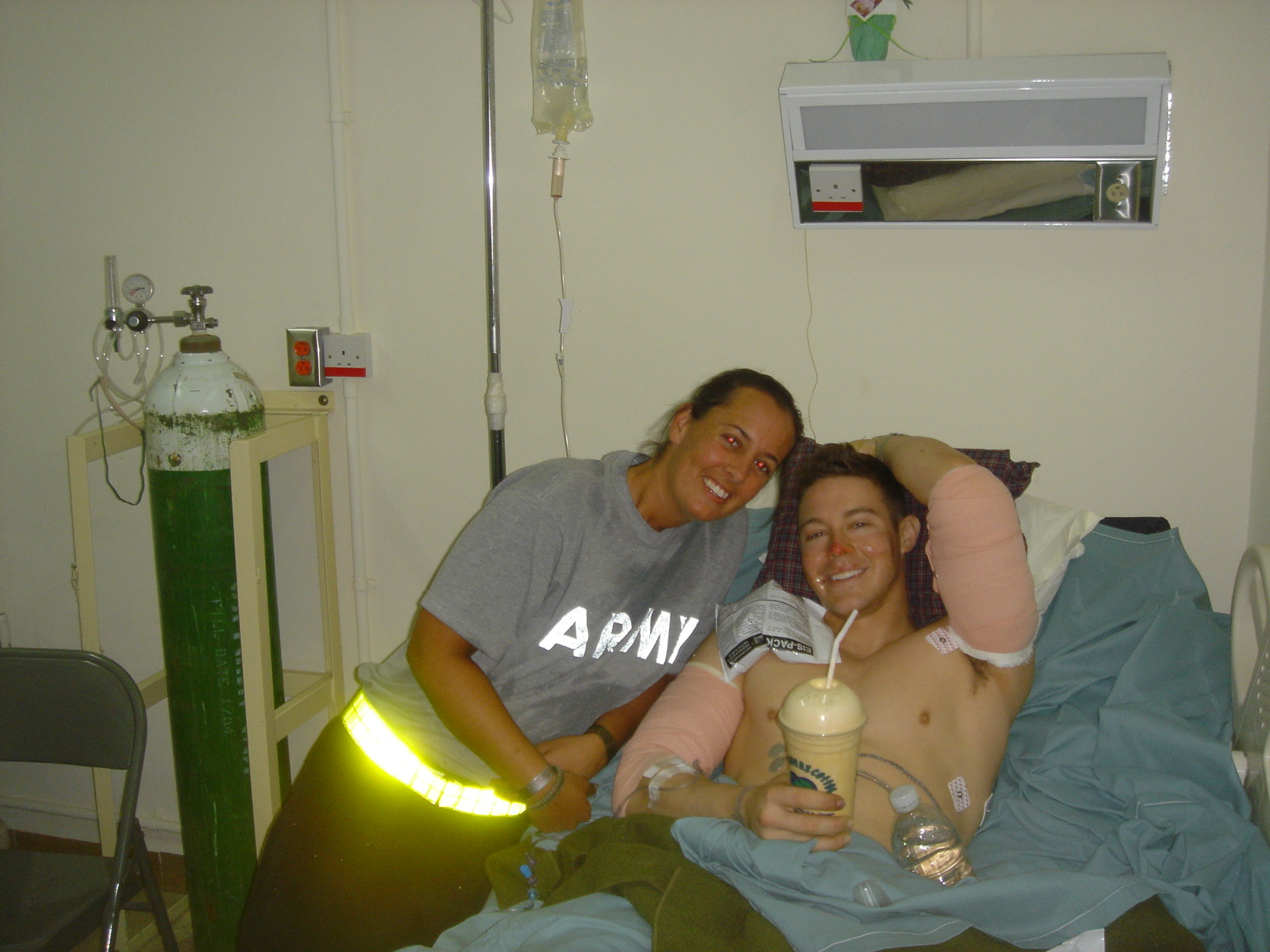
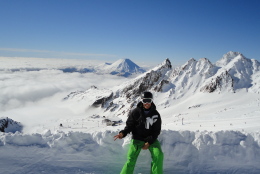
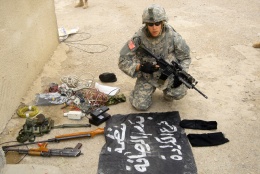
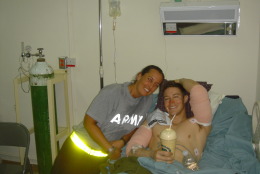
WASHINGTON — He stands tall on his snowboard, maneuvering a championship course with speed and agility.
That snowboard has been his ticket to competitions around the world — from Colorado to New Zealand. It has also been a driving force in his recovery from the wounds of war.
Capt. Wayne Waldon lost his right leg on the battlefield in Iraq on July 11, 2007. He was airlifted first to a military facility in Germany, and a few days later to what-was-then Walter Reed Army Hospital in D.C.
Once there, he was immediately inspired by the patients who moved around on prosthetics.
“You look at them and you look at you. You pretty quickly stop feeling sorry for yourself and have no excuse,” Waldon says.
He was teamed up with Harvey Naranjo, who runs the Adaptive Sports Program at the new Walter Reed National Military Medical Center in Bethesda, Md. It was Naranjo who urged this wounded warrior, once an avid skier, to return to the slopes.
But Waldon, now 30 and retired from the military, opted for the extreme sport of snowboarding, instead. Six months after his injury, fit with a new prosthesis, he headed to his first adaptive sports competition.
Waldon evolved into a world-class competitor. He says snowboarding has helped him get his life back on track. It has provided a path from a hospital where everything is handicapped accessible, to the freedom of the mountain.
“Regaining your independence, regaining your confidence, being around other veterans and having that team mentality is just — you really can’t say enough about what that does for you,” he says.
Waldon had Paralympic dreams: He hoped to be one of the few chosen to compete in snowboardcross in the games that open in Sochi on March 7.
Unlike the adaptive ski events, qualifying times for snowboardcross were not adjusted to account for the extent of an athlete’s disability and so he did not qualify.
But there will be plenty of other wounded warriors on the front lines in Sochi. Dr. Arthur Jason DeLuigi, director of sports medicine for the Medstar National Rehabilitation Network, says these wounded vets have strong medal potential in Alpine skiing.
DeLuigi will serve as a team physician for U.S. skiers and snowboarders at this year’s Paralympics. He has known one of the best competitors, retired Army Staff Sgt. Heath Calhoun, for years. They met in the intensive care unit at Walter Reed in 2003, when DeLuigi — then a senior resident for the facility — helped care for the double-amputee.
Calhoun has since gone on to compete on the World Cup circuit and at the 2010 Vancouver Paralympics. Like many of his fellow wounded warrior athletes from Walter Reed, he has become a role model and mentor for others.
It is all by design. Occupational therapist Naranjo says sports are part of the rehab process from day one.
“The minute that we can engage them in a high-intensity kind of physical activity, we want to promote that and we use sports to do so,” he says.
Sports speak to the competitive nature and team spirit of the military, and Walter Reed offers patients everything from traditional swimming and cycling, to Brazilian jiu-jitsu, snowboarding and triathlon training.
Naranjo says engaging wounded vets in athletics boosts physical rehabilitation and emotional healing. He believes the rehab process is 90 percent mental and 10 percent physical.
“They have to be mentally engaged in the activity and wanting to progress in order for whatever exercise you give them to be effective,” he says.
Walter Reed gets wounded vets started on their athletic journey and helps them along the way with prosthetics and other specialized equipment.
“At some point, while we always want to give them a hand, we also want them to take advantage of being independent — that is the whole point of rehabilitation,” Naranjo says.
It is that freedom and that independence that helps carry Wayne Waldon across the finish line on his snowboard.
He may not be in Sochi, but he will definitely be cheering on the U.S. Paralympic team, knowing only too well the obstacles these athletes face, and the real rewards their athletic pursuits can bring.
Follow @WTOP and @WTOPliving on Twitter and on the WTOP Facebook page.







